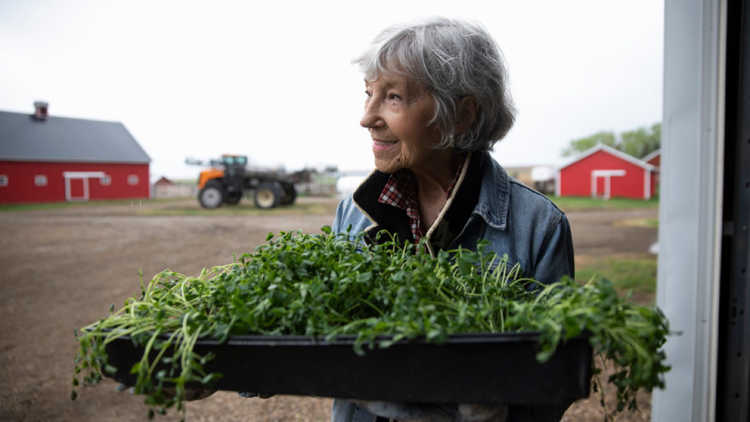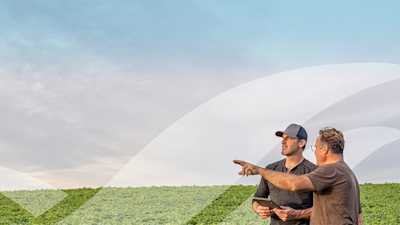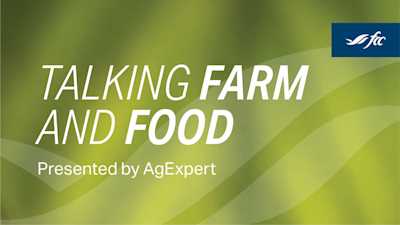Re-imagining retirement as a new start

Retirement doesn’t have to be an end but instead, a beginning. It’s another stage of business planning that requires setting short and long-term goals that account for your mental and financial well-being.
Retirement as a new career
“I usually start by saying we’re not talking about retirement, we’re talking about a career change,” says Terry Jones, agriculture transition specialist for Atlantic Canada.
And what it looks like depends, in part, on what a person wants to do, and the skills with which they are leaving the farm. But according to Jones, taking time to answer these questions is the most neglected part of transition management.
He encourages clients to think of retirement planning like building an investment portfolio. “We want to have a bunch of diversified activities,” he says.
“If something has always piqued your interest, but you’ve never had the time, it’s a great time to try it."
With financial realities in mind, considering getting involved in industry groups, community organizations, adopting new hobbies, travel, and even part-time work are just a few overarching options.
Doing so tends to be easier for those already engaged in some off-farm activity, too, which Jones says is another reason to start considering personal mental needs early in the retirement process.
“If I’ve stepped away from my home farm, I have a tremendous skill set that other producers want. People love having a reliable labour force available to them,” says Jones.
“If something has always piqued your interest, but you’ve never had the time, it’s a great time to try it. The moment you try to start transferring responsibilities, you should be trying some of these things.”
Watch for high-risk endeavours
Establishing wants and goals is the first of a four-part checklist Jones employs in helping farmers transition away from the farm. A section involves filtering out potentially high-risk ventures, such as purchasing a vacation home early.
Postponing big financial decisions until they are thoroughly thought through can help keep retirement from becoming a financial risk.
Keep looking long-term
Age often brings increasing health challenges. For this reason, Jones encourages retiring farmers to look long-term. He says they should consider what they can physically do now, and what may be able to wait a few years.
“If some things are more active, or further away, look at those first. It’s like a business plan.”
Priorities, interests, and life realities can change too, so leaving that plan open for reassessment is also critical.
Disengage at your peril
“Most important of all, you need to stay engaged and active in whatever you’re doing,” Jones says. Not doing so can have consequences for personal well-being, relationships and, in some cases, even the success of the farm.
He reiterates that farmers knowing what they would like to do, and having a plan to do it, helps overcome frustration and stress. Planning earlier rather than later itself creates a stronger foundation.
“When you retire, you’re not being put out to pasture. This is a great time to be able to think about what we want to do.”
Bottom line
Consider retirement as a career change and take the same steps to plan for it as if starting a new business. For mental and physical well-being, establish wants and goals, filter out possibly high-risk ventures, look long-term and consider personal priorities and interests.
Article by: Matt McIntosh

The last step in the transition is to embrace that it’s an ongoing process and subject to change.

